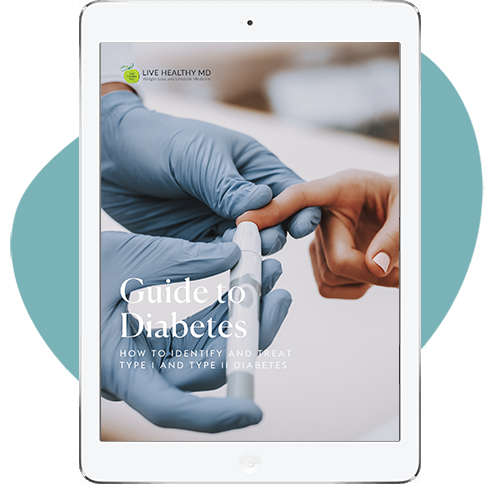
Eating too fast can make you gain weight after bariatric surgery and can be bad for your overall health. Maintaining a healthy lifestyle after surgery is not just about how much you eat, but the pace at which you eat. Throughout the bariatric process, we will teach patients to have a healthy relationship with food and exercise. And a part of this is encouraging patients to slow down when eating.
It takes about 20 seconds for your stomach to signal to your brain that you are full. Eating too fast doesn't allow your body to have enough time to tell you what’s going on. By slowing down, you can more thoroughly chew your food and allow your brain to listen to your body’s cues.
Many studies have shown that people who eat fast have a larger appetite and are more likely to overeat. This is a consequence of not spending enough time chewing your food, which creates awareness around eating and helps alleviate feelings of hunger. Similarly, the longer we chew our food, the more time our brains have to release chemical signals that convey satiety. This is one of the reasons your bariatric surgeon and dietitian will recommend you thoroughly chew your food.
Another reason you want to slow down when eating after bariatric surgery is the risk of food getting stuck in your pouch. Dysphagia, or difficulty swallowing, is a common side effect of restrictive bariatric procedures caused by eating too fast, too much, or not chewing thoroughly enough. Therefore, you want to be sure you are thoroughly chewing your food to eliminate the risk of pain or discomfort and to maximize food breakdown and nutrient absorption.
How Eating too Fast Can Cause Weight Gain
The body sends many signals from the stomach to the brain. If you don’t take enough time to listen to those signals, you are at risk of overeating. Other consequences of not listening to your body include diabetes, high blood pressure, and sleep apnea. In one study, individuals who ate too fast were at risk of insulin resistance which is related to metabolic syndrome.
Signals from the body can come in one of two significant ways: electrical or hormonal.
Electrical signals
Electrical signals are quick signals that originate from the stomach and send messages to the brain—transmitted by neurons—to relay a sense of hunger or fullness. Electrical signals will secrete Ghrelin, the hunger hormone, which is regulated by food intake. Combined with metabolic signals such as blood glucose, the body responds to these electrical signals to identify satiety levels.
Hormonal signals
Hormonal signals are a little slower and take more time to process. When you eat, your stomach lining will stretch. The stretching of the stomach promotes a signal to make hormones. Ghrelin and leptin are the two hormonal signals that play a role in satiety. Ghrelin signals hunger, and leptin signals fullness. They work together to regulate food intake, blood sugar, and your weight. These proteins sent to the blood stream and travel to the brain to tell you when you stop eating.
If you are eating too fast after bariatric surgery, you risk ignoring the signals that you are full and instead find yourself in a situation where you have overeaten. Slowing down your eating allows your brain a chance to learn what your body is trying to tell you. It helps you make better food choices in more appropriate quantities, and ultimately helps you lose weight and stay healthy long-term after bariatric surgery.












